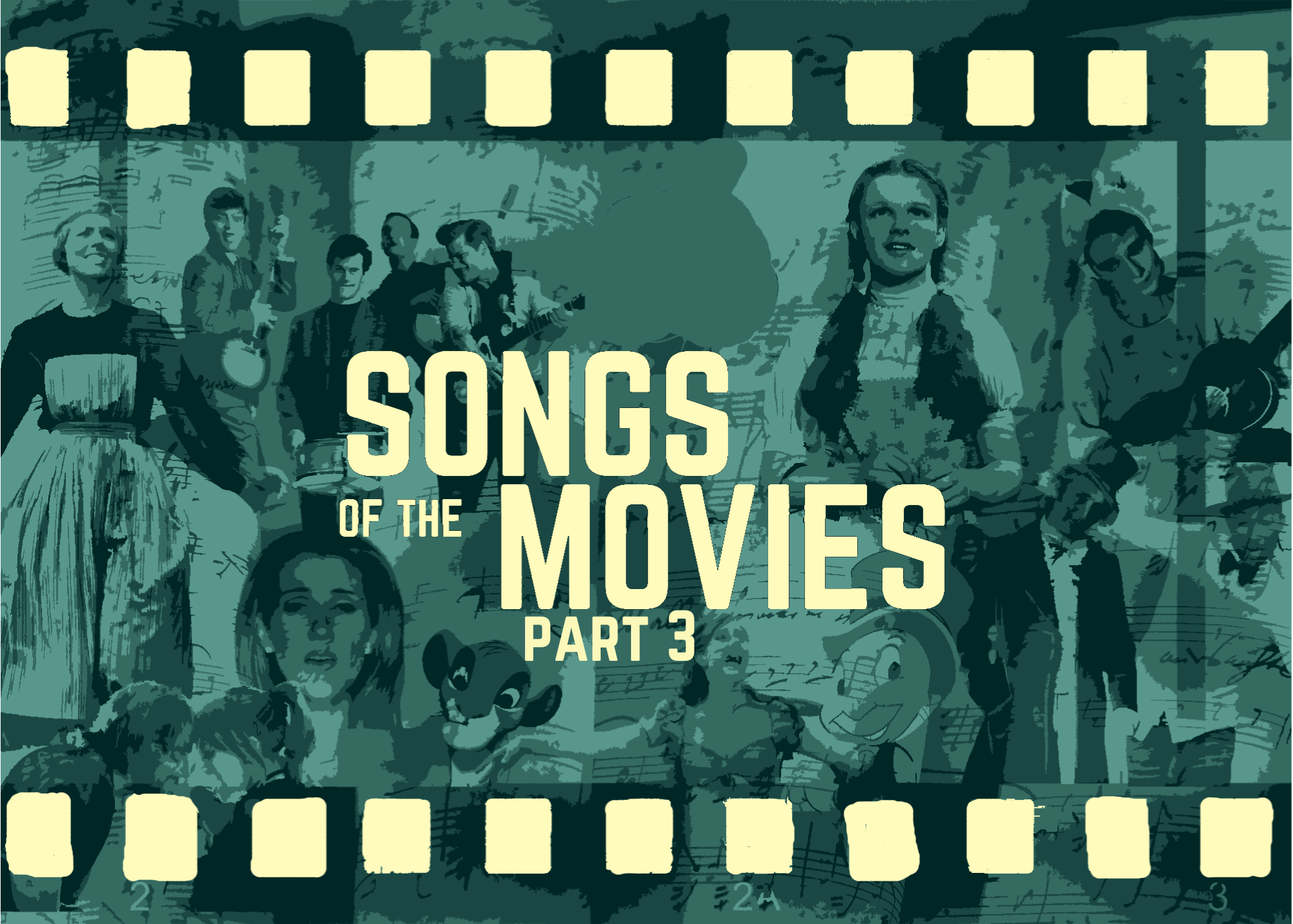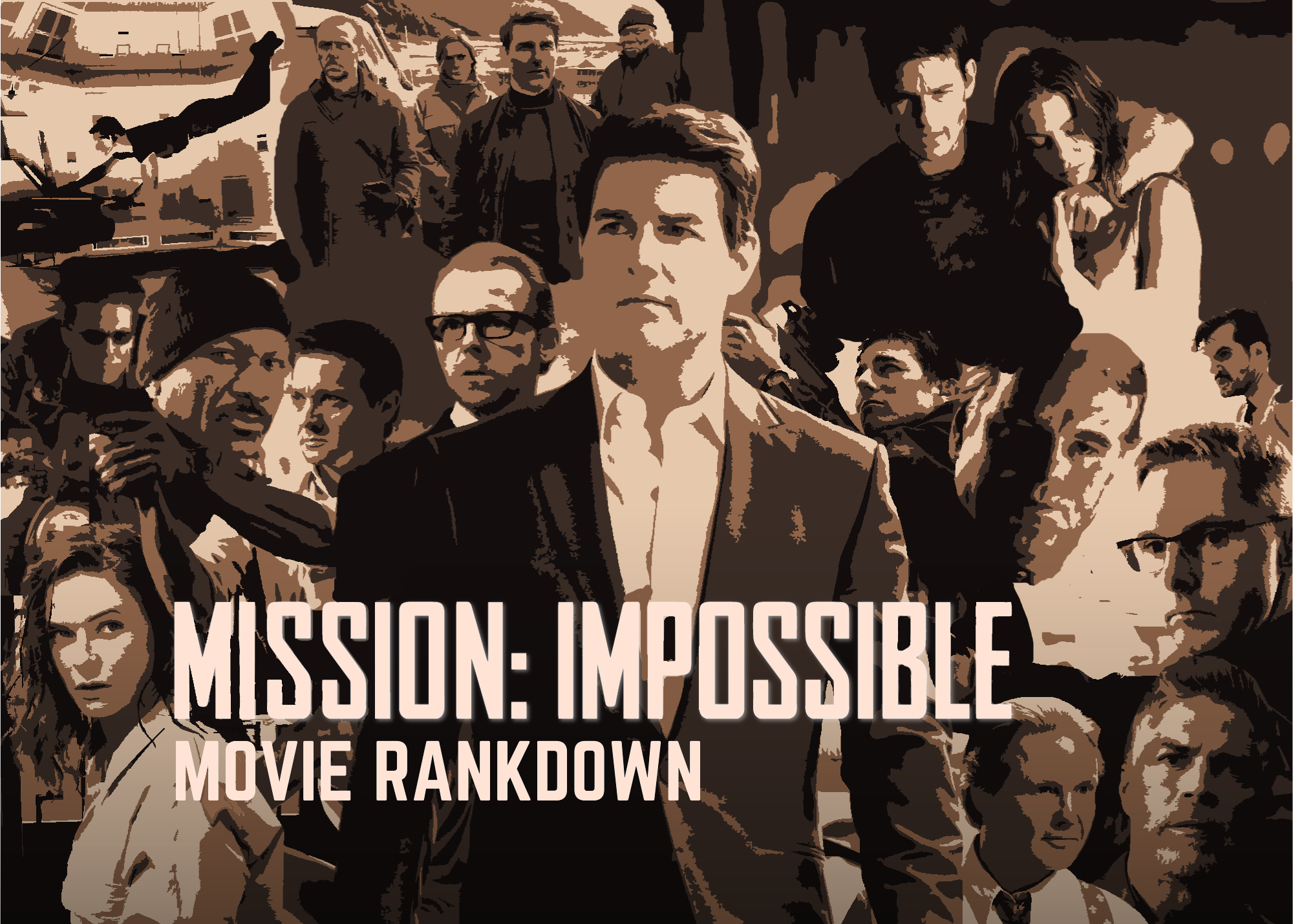Review: Spielberg's "Duel" Doles Out The Thrills Down A Deserted Desert Highway
Passing tanker trucks has never been the same...
ClassicIn 1985, Roone Arledge, President of ABC News, refused to air a segment prepared by Sylvia Chase detailing the complicated relationship between Marilyn Monroe, former President John F. Kennedy, and his brother, Robert. Arledge was friendly with the Kennedy family, even employing a former Kennedy family aide at the network. Newscaster Geraldo Rivera publicly criticized the decision, questioning Arledge’s journalistic integrity. As a result, Rivera got fired from ABC. He had spent over a decade curating a career in broadcasting, becoming the first person to host a nightly telecast that mentioned AIDS by name and hosting and producing his own news segment that tackled controversial topics, such as Vietnam draft dodging. With one principled stand, that career seemed finished.
Sixty years before, amid the Roaring Twenties and Prohibition, Al Capone ruled Chicago’s organized crime syndicate. He was a beloved figure whose presence at baseball games drew unanimous raves, seen by man as a modern-day Robin Hood. Legally, he was an alcohol trafficker who ordered the famous St. Valentine’s Day massacre, the latter of which turned public opinion against him. He was convicted of income tax evasion in 1931, confined to Alcatraz Prison in San Francisco, got released in 1939, and died of cardiac arrest in 1947. The mythos surrounding him grew over the subsequent decades, including the mysteries of the Lexington Hotel, where Capone ran his criminal empire from 1928 until his arrest. When a construction company sought to renovate the property, they discovered blueprints revealing several walled-off chambers underground. On April 21, 1986, nearly 40 years after Capone’s death, these secret vaults would get opened, and one man was bent on broadcasting their contents to the American people. Seeking a comeback, Rivera hosted one of the decade’s most anticipated television events: The Mystery of Al Capone’s Vaults.
Over 93 minutes, Rivera stood by in a live broadcast as workers broke through wall after wall to no results. Eventually, everyone accepted that the search was futile. An embarrassed Rivera cut to commercial in a last-ditch effort to give the workers time to uncover something worthwhile, but to no avail. He then informed 30 million viewers that there was, in fact, nothing in Al Capone’s vaults.
In fairness, there was no reason to believe anything would be there. Capone fronted one of the nation’s most fearsome, well-organized crime syndicates. It was foolish to assume he would have left anything of value right beneath his feet or that, even if he had, it would be worth the time, effort, and money to unearth.
In short, it simply wasn’t worth it.
It is important to know when things are or are not worth it. It can occasionally be a matter of hindsight: the program’s failure solidified Rivera’s infamy, guaranteeing him a permanent place on American television screens. Alas, at what cost? The man is most associated with that humiliating April night, where a bid to salvage a broadcasting career did what the event did: break through but unearth nothing.
Some things are simply not worth it, regardless of how well they hold up under hindsight. Despite our temptations, we must exercise restraint. Married people must not convince themselves that an innocent drink with a coworker is actually an innocent drink with a coworker. We must not inform one child that they are preferable to the others, even though it’s true. We must not play chicken with a tanker truck instead of playing chicken with a tanker truck. It isn’t worth it.
By autumn 1971, Steven Spielberg had directed only one feature-length production in his young career: a 76-minute episode of NBC’s The Name of the Game, which aired on January 15 of that year. His secretary got hold of the screenplay for Duel, adopted by Richard Matheson (writer of I Am Legend and numerous short stories that got adapted as episodes of The Twilight Zone), from one of his works. It was about a man trapped in a deadly game of cat and mouse with a psychotic tanker truck driver after he passes him on an empty stretch of highway. Spielberg applied to direct the film, which was to air as an ABC Movie of the Week. Production lasted 13 days, the film got edited in 10, and on November 13, 1971, Duel aired to a national television audience.
Despite the openness of its setting, Duel thrives on the contrast between the vast emptiness of the desert and the compact nature of two cars locked in automotive warfare. The film sets its tone with an opening sequence comprised entirely of POV shots from the driver’s seat of David Mann’s Plymouth Valiant or ground-level perspectives of the road. It allows us to realize the true nature of Duel’s terror: Mann is drifting just a bit in his lane, gliding the car over the yellow line before swerving back into position. He never speeds to pass meandering sedans; he coasts in the open road and occasionally gets too close for comfort. He is an ordinary driver, doing nothing we do not do ourselves or that we do not observe others doing. Thus, the truck driver's response is even more terrifying.
It is the most authentic horror a film can force on an audience, the kind Spielberg later used to render millions of filmgoers terrified of the open water: a simple matter of “what if?” affected by nothing but the reality of ordinary circumstances. Mann never honks before passing the tanker, nor does he shoot him a dirty look or flip him off. He experiences a perfectly logical response and follows it with a perfectly reasonable reaction: no one wants to drive behind a massive tanker with “FLAMMABLE” painted across the back in big, red letters. No one wants to trudge down a blistering desert highway behind a vehicle moving at a snail’s pace. Everyone wants to go around, and so we do. The reward for being reasonable is the ultimate madness; when Duel remembers that, it is a top-notch thriller.
We would also ignore the massive “FLAMMABLE” the second we committed to the battle and turned it into a pissing contest. We would also project our masculinity getting questioned by a displeased wife onto a situation that lets us resolve our fractured ego. It is as easy to believe that Mann would be incapable of letting everything go as to trust him to get consumed by his insecurity and seek to resolve it. He does not stand up for his wife; why would he continue to stand up for himself?
The more he remains that man, the more engaged we are in Duel. It forces someone unprepared into circumstances that seem familiar to his foe. He torments Mann as though he’s done it before and knows how to exact the most terror from his victim (who knows, those license plates on the front could be more than vehicle registrations for different states). It is the blaring of the horn, a light tap on the rear bumper, and getting blocked on every attempt to pass. He could have rammed Mann into the train, but he didn’t. He could have confronted him in the bar but ducked below Mann’s line of sight to trick him into thinking he was inside, silently tormenting him with the idea that he was mere feet away. The POV makes the truck look like it's charging at Mann with bad intentions too quickly for any vehicle to escape. The danger rests in Mann believing he is in greater peril than which the trucker ultimately places him. Unfortunately, this artistic restraint and general self-awareness do not last the entire movie.
Duel loses itself as it embraces mutuality. The terror feels less organic as Mann becomes increasingly retaliatory and the “duel” goes off-road, making the film less claustrophobic than at its peak. The more agency the film grants Mann, allowing him to challenge the man behind the wheel of the tanker instead of struggling to escape him, the less involving it becomes. We get short, cinematic looks at the driver, rendering the terror of the tanker somewhat moot towards the end. It again halts itself to include a needless plea to an elderly couple, equipped with a ludicrous spin on the infamous Psycho shower scene that’s more comical than frightening. The POV angles that characterized Mann and established a compact environment get forsaken for a typical blend of overhead and wide shots. Its lead actor’s mania renders the internal psychosis ineffective and saps the thrills whenever it goes tight on his face to relay his terror.
It gives us a villain that seems more intent on psychological torture and flaunting power than outright psychopathy but abandons that for a more traditional take on villainy as he rams the truck into a phone booth in a blatant murder attempt. It insists on showing instead of telling, halting its momentum to dive into numerous melodramatic internal monologues. We know Mann is an ordinary person with relatable faults who has allowed his impulsivity and ego to rope him into a life-or-death situation. We know he is afraid of the outcome and spends more time fleeing from inevitability than facing it head-on. The man does not need to speak for himself; the road says everything the movie wants to say.
Thus we have the great duality within Duel, an internal struggle between a movie that understands itself perfectly and a feature that wants to invade the territory of a superior thriller. In the moments that Duel strips away the typicality of its protagonist and forces him to endure solely on his enemy’s power, it understands the foundation on which a purely visual thriller should get constructed. It thrives when it tries to flesh out its lead with insights it could have, and mostly does, grant us in its exhilarating road sequences.
Duel is a great thrill ride that maximizes a simple concept, an increasing rarity in the age of CGI superhero slugfests and genre films that care more for self-satisfaction than making the most of its offerings. It makes hard rights into unnecessary territory (and thus shows the chinks in the armor of a first-time filmmaker) but mostly succeeds at everything it attempts. It makes us pause when we want to pass someone on the road, ponder the consequences of seemingly innocuous actions, and reminds us of something it can take an expedition into the bowels of an apartment complex or a near-death experience with a psychotic truck driver to discover: sometimes, it’s just not worth it.
.png)
83
Director - Steven Spielberg
Studio - Universal Television
Runtime - 90 minutes
Release Date - November 13, 1971
Cast:
Dennis Weaver - David Mann
Editor - Frank Morriss
Cinematography - Jack A. Marta
Screenplay - Richard Matheson

%20(13%20x%206%20in)%20(13%20x%204%20in).png)
.png)




































.png)






.png)